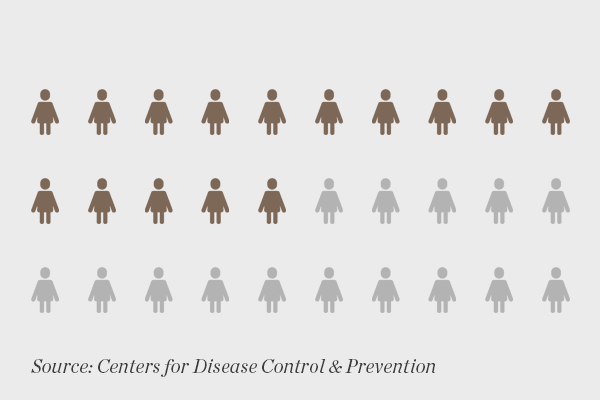Home Plate: An Intervention Empowering Low-income Parents to Prepare Healthy Food at Home
Statement of Problem
At mealtime, families nationwide face the conflicting priorities of time, taste, cost, and nutrition, and they often make decisions that undervalue nutrition. More than two in three U.S. adults are now considered to be overweight or obese, along with nearly one in three children. But obesity prevention interventions are not one-size-fits-all. In a national study, low-income families were found to be more likely to cook dinner six or seven nights per week compared to their middle- and high-income peers. However, low-income families are also more likely to experience food insecurity and lack of access to healthy foods. Low-income families need targeted intervention and prevention efforts to address the food insecurity and lack of access issues that often get in the way of healthy eating at home. By providing these family-centered programs to parents, we can foster healthy eating at home and improve the health of the children we see in our practices.
Description
Improving home food preparation practices among families with young children
Improving home food preparation practices among families with young children


1/2 of all African American and Latino children born in the year 2000 will develop diabetes or heart disease.
Our research explores how to foster healthy eating in the home, recognizing that this is a critical, yet underemphasized, component of the obesity epidemic. We are designing, testing, and refining a series of classes for low-income families with young children that provide them with healthy cooking and food skills. Drawing on best practices and the expertise of our community partners, our program provides one of the few scalable interventions with a peer mentoring component to sustainably address food insecurity and improve health outcomes in low-income communities.
Next Steps
Starting with a program in a local Philadelphia community, we intend to demonstrate best practice and then offer others the opportunity to learn from our work and implement similar programs in their own communities.
This project page was last updated in December 2019.
Suggested Citation
Children's Hospital of Philadelphia, PolicyLab. Improving Home Food Preparation Practices among Families with Young Children: A Peer Mentoring Intervention [Online]. Available at: http://www.policylab.chop.edu [Accessed: plug in date accessed here].